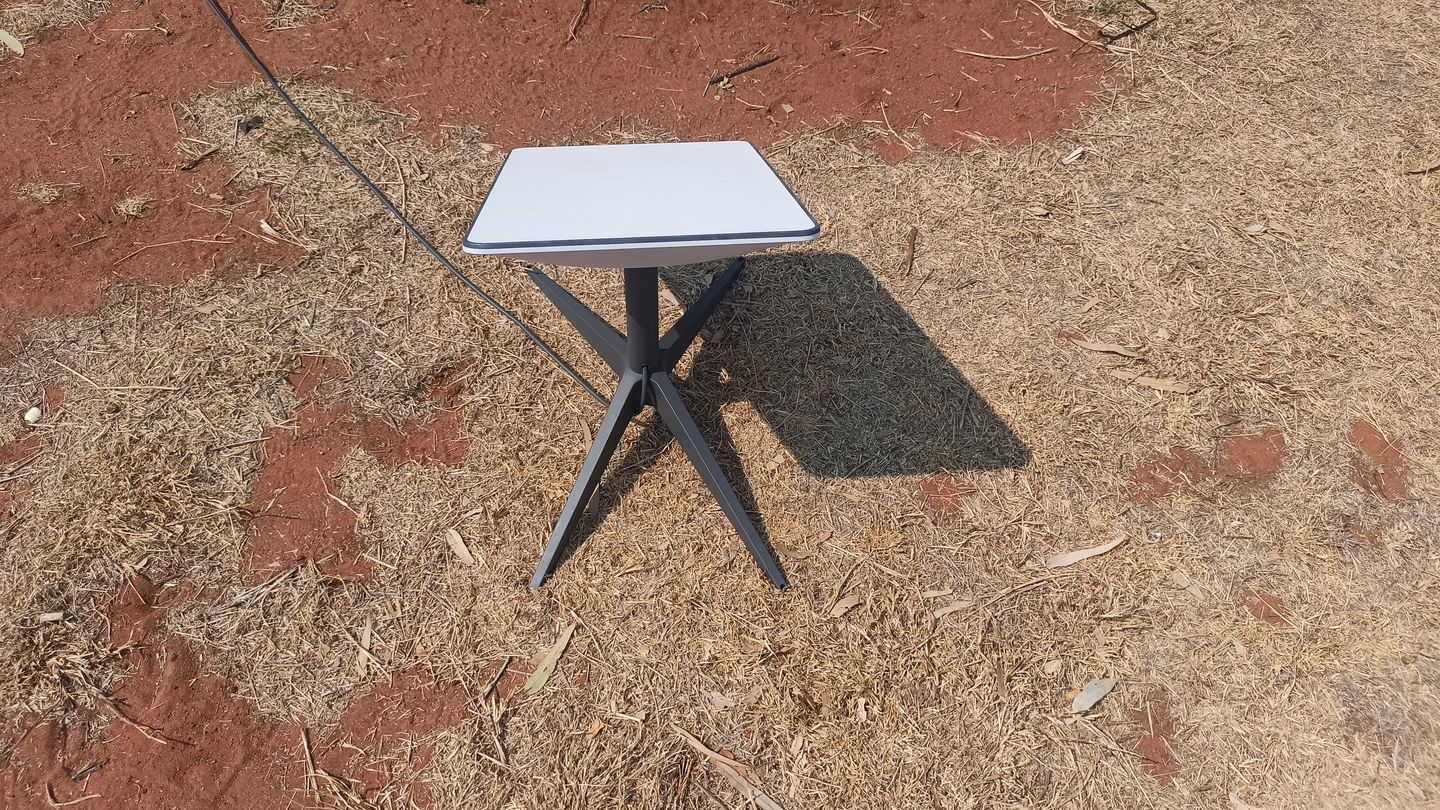
Starlink internet terminals have become the latest tool of choice for terror groups in Africa, according to a new report, marking a significant security concern for the Elon Musk-led company as it looks to expand its services on the continent.
Extremist groups across West Africa have been exploiting the mobility and high-speed internet capabilities of Starlink’s terminals. A Starlink device, mounted on a white tripod, was noticed in a June 2024 video from Al-Qaeda affiliated terror group Jama’at Nusrat al-Islam wal-Muslimin in Mali, the French newspaper Le Monde reported.
Nigerian authorities have also seized several Starlink devices during counterterrorism operations in the western regions of Tillabéri and Tahoua. The groups are reportedly using the devices to coordinate attacks on government forces, evade detection and disseminate propaganda.
Outside of Africa, Indian authorities have found Starlink terminals among the possessions of rebel and smuggling groups. Police say that criminals use the technology to avoid detection and move quickly.
The terminals can be purchased for around $500 and maintained with a monthly subscription fee of $70. Up to 10 people can access the internet through the service, and Starlink terminals are often more reliable than alternatives like satellite phones.
Starlink internet service is operational in even the most remote areas of the world due to its vast satellite constellation orbiting the Earth. The company has rapidly expanded over the past few years, with the goal of offering emerging governments options for connectivity.
Starlink is legal and activated in 20 African nations, including Niger and Mali. However, Starlink offers different subscription models that permit roaming, which allows terror groups to smuggle terminals into countries where the technology is not yet legal. According to African authorities, Mali and Niger terror groups were already using Starlink terminals before those countires authorized their use.
Starlink’s popularity among dissident groups may cause issues for the company as it looks to expand further in Africa. The company has already worked with several governments to limit connectivity due to criminal use of its terminals.










